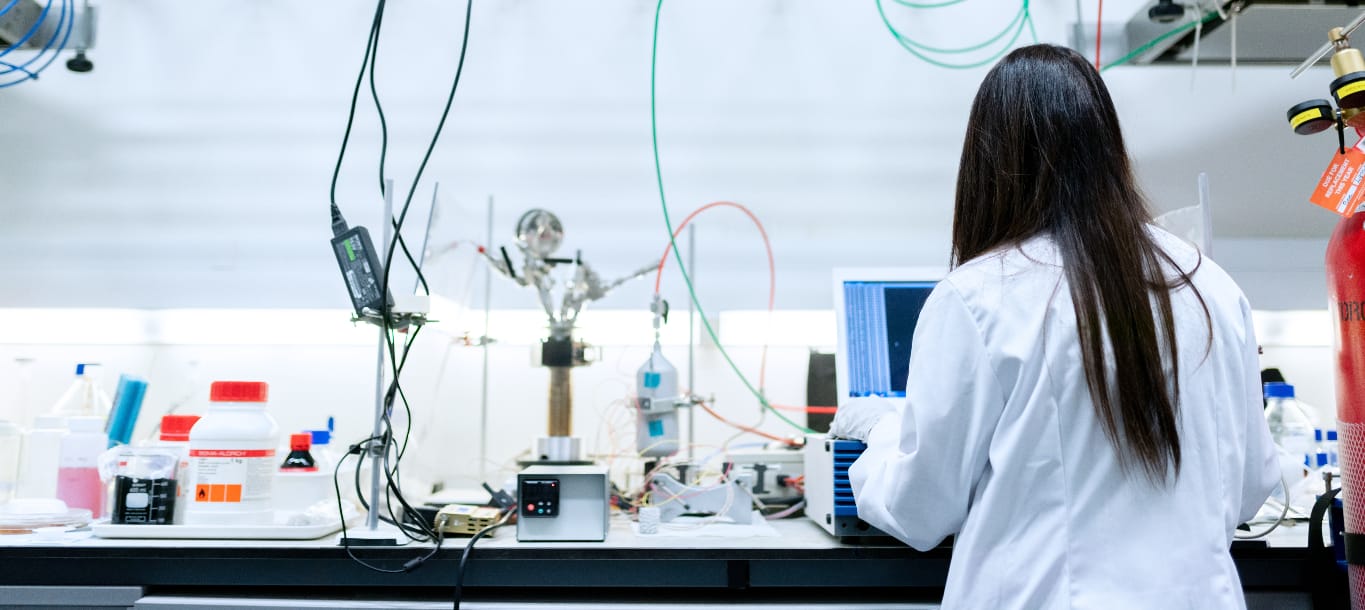Tackle the skills gap
Challenges like the cost of living crisis and misconceptions about who can do STEM have led to a gap in STEM skills. While it’s a universal issue (similar trends have been seen in the US), statistics are concerning. They show that 43% of STEM vacancies were a challenge to fill due to a shortage of applicants, and this shortage is costing companies about £1.5 billion annually with inflated salaries and temporary staff.
Thus, physics apprenticeships are a great way to encourage people to pursue a career in STEM. Completing an apprenticeship is a low cost way to gain skills that will make you attractive to employers.
Increasing diversity
While universities have measures in place to make the cost more manageable, it’s still not completely accessible. For example, individuals from low income backgrounds often struggle to afford university accommodation and general living expenses. Similarly, someone who's interested in retraining may not be able to afford tuition fees and working part-time.
This is where apprenticeships come in. Apprentices receive a salary for their work, and have their education fully-funded. The UK government also provides additional funding for apprentices who have disabilities or who were from care.
Encouraging people from a range of backgrounds to pursue apprenticeships allows more people to pursue their passions, and challenges stereotypes about who works in STEM. Diversity makes the industry stronger, as different people come together with unique perspectives and talents. The government has even launched an Apprenticeship Diversity Champions network, to encourage employers to offer apprenticeships and for underrepresented groups to consider an apprenticeship.
Gain practical skills
It’s easy to lose interest in a long lecture, or to struggle to apply the theory you’ve learnt practically. The hands-on experience an apprenticeship offers allows you to gain the practical skills employers are looking for, without having to search for an internship. Research has even shown that hands-on practice improves the brain’s ability to learn and memorise information.
Equip people to handle new problems
Artificial intelligence, cybersecurity, climate change: three of the most important topics in the STEM field today. Apprenticeships allow people to understand why these issues are important, and what we can do to prevent them, through real-world industry experience. Plus, through the practical and theoretical skills apprenticeships provide, apprentices can apply what they’ve learnt to new situations.
